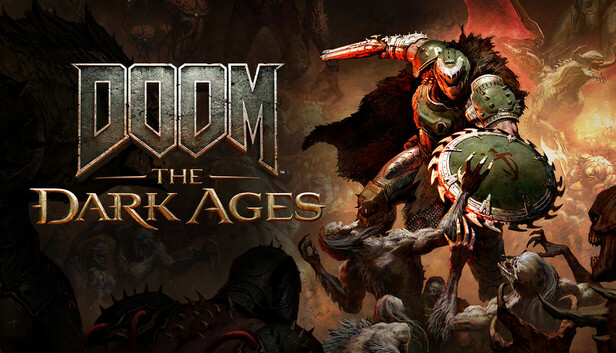Game data not found.
Story
Populous, developed by Bullfrog Productions and released in 1989, invites players into a universe where they assume the role of a deity tasked with guiding and nurturing a civilization. The narrative framework is minimalistic, yet it provides a compelling backdrop for the gameplay experience. As a god, the player oversees followers, known as the “Populace,” who inhabit a world divided into numerous levels, each representing a different land. The core storyline revolves around the player’s divine battle against an opposing deity, each vying for dominance over the land and its people. Through strategic manipulation of the environment and the use of godly powers, the player must lead their followers to establish settlements, expand territories, and ultimately vanquish the rival god’s forces. This overarching narrative of divine competition and conquest is both engaging and innovative, setting the stage for the player’s journey through a series of increasingly challenging landscapes.
Gameplay
Populous is celebrated for its groundbreaking gameplay mechanics, which laid the foundation for the god game genre. The player is endowed with a variety of divine abilities, collectively known as “divine intervention,” to influence the world and the people within it. The gameplay is primarily centered around two key elements: terraforming and guiding the Populace.
Terraforming
The player can manipulate the environment by raising and lowering the land, creating suitable terrain for their followers to build settlements. This terraforming ability is crucial, as it directly impacts the growth and prosperity of the player’s civilization. A flat, fertile land allows for rapid expansion and increased population, which in turn strengthens the player’s influence and power.
Divine Powers
In addition to terraforming, the player has access to a range of divine powers that can be used to aid their followers or hinder the opposing deity’s followers. These powers, which include earthquakes, floods, and volcanoes, are fueled by the player’s mana, a resource generated by the number of followers and their devotion. Strategic use of these powers is essential to gaining an advantage over the rival god and achieving victory.
Strategic Objectives
The primary objective in each level is to amass a population large and loyal enough to defeat the opposition. This involves balancing the expansion of the player’s civilization with the tactical deployment of divine powers to disrupt the enemy’s progress. As the player advances through the levels, the challenges increase, requiring more sophisticated strategies and efficient use of resources.
Graphics and Sound
Populous, released during the late 1980s, featured graphics that were considered impressive for its time. The game utilizes an isometric perspective, providing a bird’s-eye view of the world that allows players to easily manage and manipulate the terrain. The visual design, while simplistic by modern standards, effectively communicates the game’s mechanics and objectives. The distinct visual style, with its pixelated landscapes and animated followers, contributes to the game’s charm and appeal.
The sound design in Populous is equally noteworthy. The game features a minimalistic soundtrack that enhances the atmospheric and strategic elements of gameplay. Sound effects are used sparingly but effectively, with audio cues indicating significant events such as natural disasters or the expansion of settlements. This careful use of sound complements the game’s visual elements and reinforces the player’s role as a deity overseeing their followers from on high.
Legacy and Reception
Upon its release, Populous received widespread acclaim for its innovative gameplay and unique premise. It is often credited with pioneering the god game genre, influencing subsequent titles such as SimCity, Black & White, and Godus. Critics praised the game’s strategic depth and the sense of empowerment it provides to players, allowing them to shape and control an entire world.
Populous achieved commercial success, selling over four million copies worldwide and earning several awards, including the Origins Award for Best Fantasy or Science Fiction Computer Game in 1990. Its success paved the way for two sequels, Populous II: Trials of the Olympian Gods and Populous: The Beginning, each building upon the original’s mechanics and themes.
The game’s impact extends beyond its commercial achievements and critical acclaim. Populous is frequently cited as an inspiration for game developers and remains a seminal title in the history of video games. Its innovative approach to gameplay and world-building has left an indelible mark on the industry, influencing countless games and genres in the decades since its release.
Conclusion
Populous stands as a testament to the creativity and ingenuity of its developers, offering a unique and engaging gameplay experience that has captivated players for over three decades. As one of the first games to successfully implement the god game concept, Populous not only entertained players but also inspired a new genre, leading to the development of countless other titles that explore similar themes and mechanics. Its legacy is evident in the continued popularity of strategy and simulation games, and its influence can be felt in modern gaming’s landscape. For those seeking a classic gaming experience that combines strategic depth with innovative gameplay, Populous remains an essential title that showcases the enduring appeal of guiding and nurturing a civilization from the heavens.















